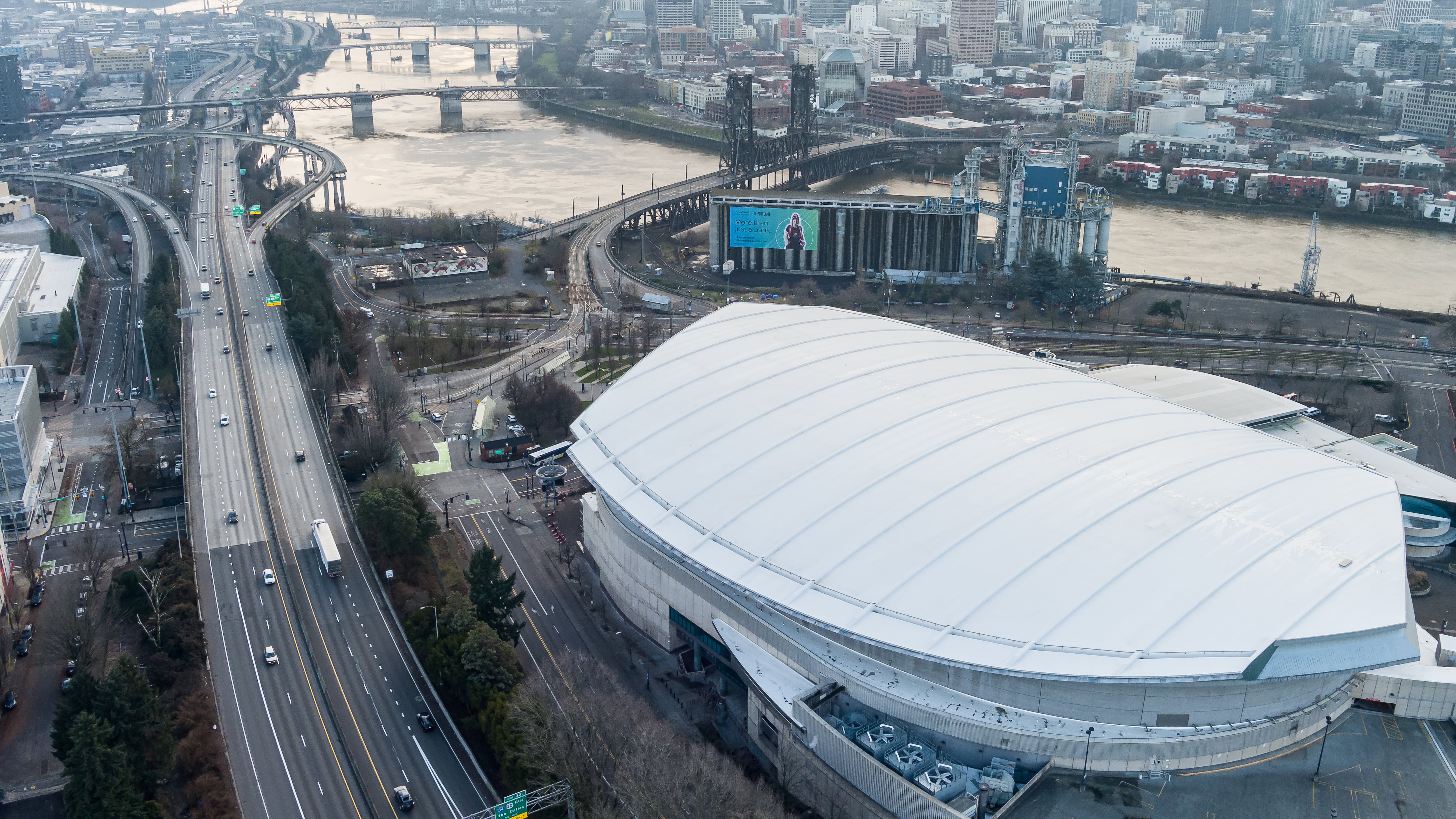Now is the moment for Portland to shake things up.
You can practically taste the appetite for change in the air. In the past year, Portland voters have approved a complete overhaul of city government, combining several reforms into a recipe that’s never been cooked up anywhere else. Meanwhile, the mayor’s office is trying something nearly everyone scoffed at: moving people now sleeping on the streets into 250-capacity encampments.
Will either plan make Portland better? We have our doubts. But no one who has endured the past two years in this city can honestly deny it’s broken. Lucky is the Portlander who hasn’t had their catalytic converter stolen, their child’s school placed on lockdown, their sleep disturbed by the wailing of distressed neighbors.
In the last issue of 2022, WW compared this city to others its size. We found that Portland had less housing, more vacant office space, more car thefts and more homicides than most of its peers. It’s little wonder that for the first time in a decade, people are leaving Portland faster than they’re arriving.
But there’s a silver lining to these overlapping civic crises. If Portland can no longer pretend it’s a city that works, maybe it’s ready to risk trying something new—and ambitious.
“If there was something to give people hope about this city, it would help,” says Doug Obletz, co-founder of Shiels Obletz Johnsen Inc., a firm that manages development projects, including Artists Repertory Theatre and the Portland Streetcar. “We can’t focus on tents exclusively. We won’t get there. Maybe this is an opportunity to focus on what the city could be.”
In the following pages, we’ve proposed a baker’s dozen of ideas that would reshape this city. Lots of them are stolen from cities whose condition we envy. But all are true to the values Portlanders cherish.
We want to see ourselves as a fair, inclusive, green, self-reliant metropolis. Actually being that is harder.
In this exercise, we set ourselves one boundary: If possible, the idea should require no new demand for money from taxpayers. That’s not because we’re opposed to spending money—in fact, we argue that one business tycoon should invest several billion dollars. Instead, we think spending smarter can be more effective than spending more.
Another driving principle of what you’ll read in the following pages: We believe that Portland’s future hinges on its downtown—and, as in other cities, the rise of remote work means those blocks may never return to their pre-pandemic state. It’s not the central business district anymore. More than any other place in Portland, the purpose of downtown must be reshaped. If office workers don’t want to be there, we must reimagine it for people who do.
Last month, a blue-ribbon panel chaired by two former deputy mayors of New York City released a 44-point plan for reviving its business districts. But the authors conceded that their initial scope had been too slight.
“While our initial charge was reviving business districts, we quickly realized that the solutions would need to address a wider range of challenges,” wrote Richard Buery and Daniel Doctoroff. “If we want to improve commutes, then we must strengthen the transportation network across the city. To create a stable, secure workforce, we must confront the city’s housing crisis and make sure that parents have safe, affordable, high-quality care for their children.”
In other words, saving a city means reconsidering everything. We’ve tried to do that in the following pages. We ask you to do the same: Send your ideas for Portland to newstips@wweek.com.
If a city isn’t dreaming, it’s dying. With this agenda for 2023, we’re asking Portland to dream bigger.
Idea: Phil Knight remakes a razed neighborhood.
Idea: Make inner eastside residential neighborhoods three stories tall.
Idea: Offer a tax abatement to developers who turn offices into apartments.
Idea: Require mental illness and substance use providers to coordinate services.
Idea: Use purse strings to hold school districts accountable.
Idea: Move police officers off 911 response to solve car thefts.
Idea: Smother likely shooters with attention.
Idea: Require twice-annual reports from homeless service contractors.
Idea: Use congestion pricing to reduce traffic and pay for transit.
Idea: Mimic Vancouver (Washington, not B.C.!)
Idea: Create a six-block Carless Square in the heart of Portland.

